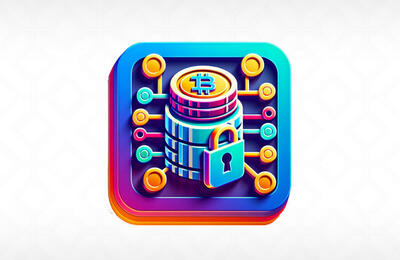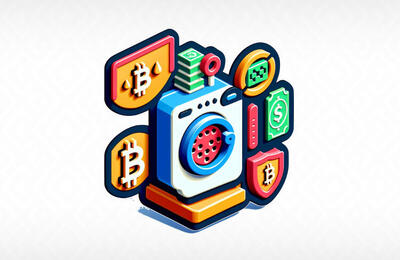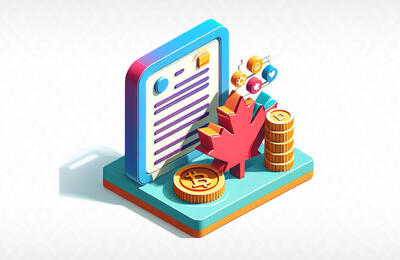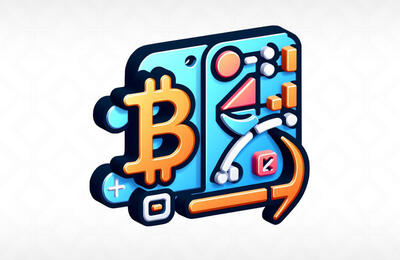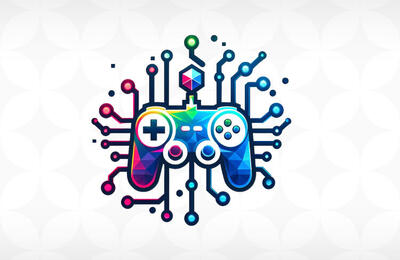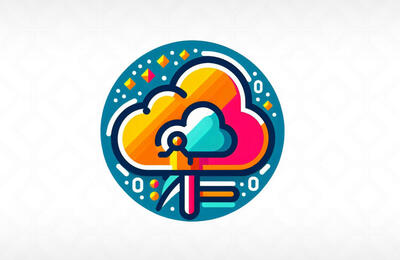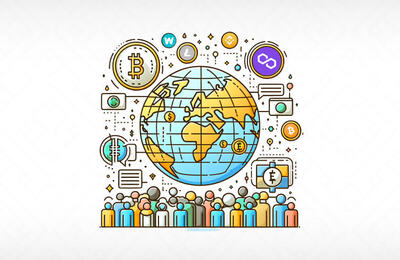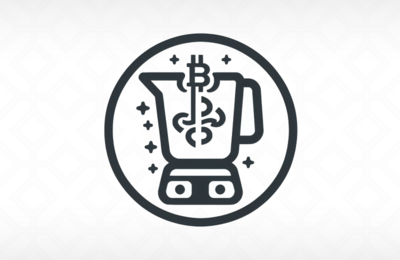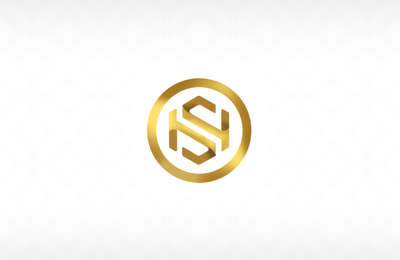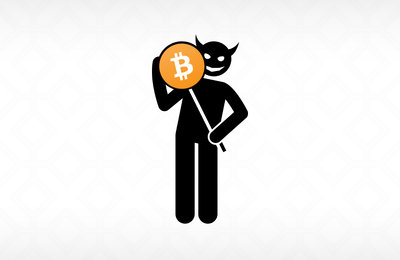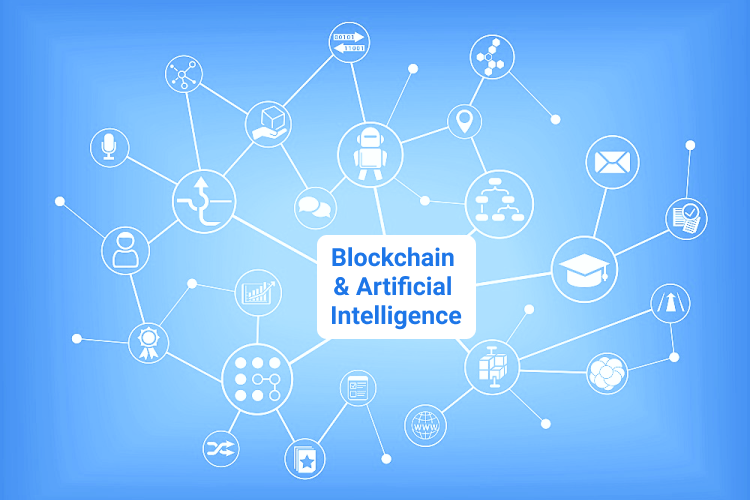
Blockchain and artificial intelligence are two of the hottest trends in technology today. That one, that another technology opens up a lot of possibilities for us, including smart games with dealers, for which it is necessary to browse safest NationalCasino.com.
Although these are two fundamentally different directions, researchers are actively discussing the benefits of combining the two technologies. PwC predicts that AI will add $ 15.7 trillion to the global economy by 2030, leading to a 14% increase in global GDP. According to Gartner forecasts, the added value of the business due to blockchain technology will grow to $ 3.1 trillion by the same year.
Blockchain is a distributed, decentralized, immutable system designed to store encrypted data. Artificial Intelligence (AI) is an engine or «brain» that allows you to analyze and make decisions based on collected data.
Each technology has its degree of complexity, but AI and blockchain are also technologies that can benefit from each other and help each other. Because both technologies interact with data in different ways, combining them can take data usage to the next level. At the same time, the integration of machine learning and AI into the blockchain can improve the underlying architecture of the system. Artificial intelligence has the potential to dramatically improve the efficiency of the blockchain.
Blockchain can make AI more consistent and human-readable. This will allow us to track and understand why artificial intelligence made this particular decision during machine learning.
The Joint Application of Blockchain and Artificial Intelligence
AI is a term that refers to the theory and practice of making robots (machines) capable of performing tasks that require intelligence. Today, this term refers to 3 areas: machine learning, deep learning, and artificial neural networks.
Blockchain is an innovative digital storage system that stores data in an encrypted, distributed book format. Because the data is encrypted and distributed across different computers, this allows the creation of tamper-proof, highly secure databases that can only be read and updated by those who have permission to do so.
The Internet has written about the potential of combining these innovative technologies from an academic point of view; there are currently few real applications. However, this situation will change soon. Below are the main benefits that can be achieved by combining the two technologies.
Smart Computing Power
If you were to work with the blockchain and all the data encrypted within it, you would need very large computing power, since the blockchain is a complex system.
Traditional computers are fast but not so clever. Without clear instructions on how to complete a task, computers cannot complete it. Stupid computers need a lot of computing power to work with blockchain data. For example, the hashing algorithms used to mine Bitcoin blocks use a brute-force approach, which systematically enumerates all possible candidates for solving a problem until a solution is found that is suitable for verifying the transaction. He is very «tight» and uses the system's capabilities in vain.
AI provides an opportunity to move away from this algorithm and solve problems more smartly and efficiently. AI can polish its skills in “real-time” with enough data, which means better hashing efficiency.
For example, how will a white hacker get better and more efficient at what he does? Only if he successfully breaks more and more codes throughout his career. A machine learning algorithm will similarly solve problems- it will be able to hone its skills almost instantly thanks to the training data.
Building Decentralized Datasets
Unlike centralized projects based solely on artificial intelligence, blockchain technology creates decentralized, transparent networks that anyone around the world can access. Today, blockchain is the decentralized ledger that governs all cryptocurrencies, but this technology is also being applied across industries to enable decentralization.
There are specialized projects that focus on using blockchain technology to facilitate wider data dissemination. These projects are becoming the foundation for decentralized artificial intelligence.
Data Protection
AI progress depends entirely on data entry — our data. Through the data, the AI receives information about the world and the events taking place in it. The data stored on the blockchain is inherently highly secure due to the cryptography that is inherent in the file system.
Blockchain is the system that encrypts data. It allows you to create fully secure databases to which only authorized persons can have access. The combination of blockchain and artificial intelligence allows you to create a system for backing up confidential and very valuable personal data.
Artificial intelligence, which can interact with large amounts of data, and blockchain, which can provide a high level of security, together are the perfect combination for managing large databases.
This means that blockchain is ideal for storing highly sensitive personal data. For example, medical and financial data is very confidential, it is difficult to transfer it to a specific company and be sure of its protection. They can be easily hacked and compromised. The same goes for the recommendation systems used by Amazon and Netflix. However, storing this data on the blockchain and having only artificial intelligence access to it can provide tremendous benefits in the form of personalized recommendations with maximum data security.
The data that enters these systems (after they have been collected from us while browsing or interacting with the services) is highly personal. Companies that do this invest large sums of money to ensure a high level of security. Even so, large-scale data breaches are increasingly occurring, leading to the loss of personal data.
Data Monetization
Another innovation that can be achieved by combining these two technologies is secure data monetization. Monetizing the collected data is a huge source of revenue for big companies like Facebook and Google.
The fact that others decide how to sell data for profit shows that the data is being used against us. Blockchain allows us to cryptographically protect our data and use it as we see fit. It also allows us, in our sole discretion, to monetize the data without putting our personal information at risk. This approach will help us fight biased algorithms in the future and create different datasets.
The same goes for artificial intelligence, which needs our data. Artificial intelligence takes data from its creators, without which it cannot develop. Blockchain allows you to create a dedicated data marketplace where AI can buy data directly. This will make the entire personal data system more open than it is now.
Such a data marketplace will also open up AI for smaller companies. Developing and maintaining AI is incredibly expensive for companies that don't generate their own data. With decentralized data markets, they will be able to access expensive and private data.
Conclusion
The combination of blockchain technology and artificial intelligence is still the direction that still holds many unsolved problems. Despite this, most of the scientific attention is focused on this direction, since progress in this direction can significantly improve our lives.
The combination of these two technologies enables data to be used in ways previously thought impossible. Data is a key component of the development and improvement of AI algorithms, and the blockchain ensures the security of this data, allows us to audit all the intermediate steps of AI to extract inferences from data, and enables individuals to monetize the data they produce.
Obviously, blockchain and AI are two technology directions that, while innovative in their way, have the potential to become even more revolutionary. Both of these technologies help empower people while providing opportunities for more effective control and accountability. AI can become more advanced in terms of security thanks to blockchain. It is not known how the interaction between these two areas will develop, but the potential is enormous.


